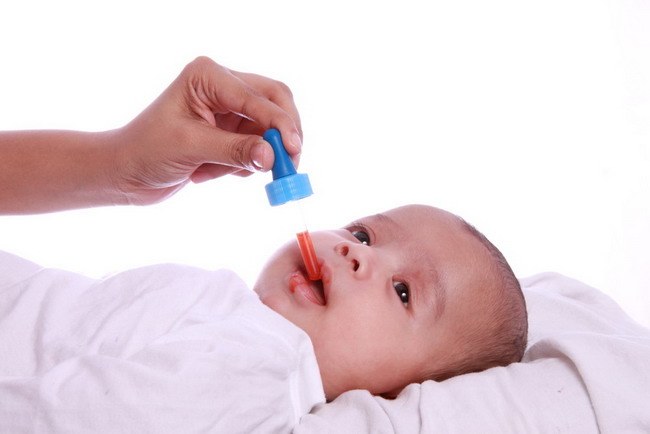Sofosbuvir is an antiviral drug used to treat hepatitis C. This drug works by inhibiting an enzyme that is important for the formation of hepatitis C virus RNA.Therefore, the increase in the number of hepatitis C virus can be stopped and liver damage can be reduced.
To increase its effectiveness, sofosbuvir is often combined with other antiviral drugs, such as ribavirin, peginterferon, or daclatasvir. This medicine should only be used according to a doctor's prescription.

Trademarks of sofosbuvir: Epclusa, Harvoni, Hepcinat, Myhep, Sobuvir, Sofosvir, and Sovaldi
What is Sofosbuvir?
| group | Anti Virus |
| Category | Prescription drugs |
| Benefit | Treating hepatitis C |
| Used by | Adults and children |
| Sofosbuvir for pregnant and lactating women | Category B:Animal studies have not shown any risk to the fetus, but there are no controlled studies in pregnant women. It is not known whether or not sofosbuvir is absorbed into breast milk. If you are breastfeeding, do not use this medicine without telling your doctor. |
| Drug form | Tablet |
Warnings Before Using Sofosbuvir:
- Do not use sofosbuvir if you have a history of allergy to this drug.
- Tell your doctor if you have kidney disease, heart disease, liver disease, or HIV/AIDS.
- Tell your doctor if you have had a liver transplant procedure or are on dialysis.
- Consult the use of sofosbuvir with your doctor if you have ever had hepatitis B.
- Talk to your doctor about taking sofosbuvir if you are taking anticoagulants, antiarrhythmic drugs, other antiviral drugs, or other immunosuppressive drugs.
- Tell your doctor if you are pregnant, breastfeeding, or planning a pregnancy.
- Tell your doctor if you are taking any other medicines, including supplements, or herbal products, such as St. John's wort.
- See your doctor right away if you have an allergic reaction or overdose after using this medicine.
Dosage and Instructions for Use of Sofosbuvir
The dose of sofosbuvir varies in each patient. The following is the dosage distribution of sofosbuvir to treat hepatitis C:
- Mature:400 mg, once daily, for 12–24 weeks
- Children aged 3 years, body weight <17 kg: 150 mg, once daily
- Childage3 years,17 weight–35 kgs: 200 mg, once daily
- Child age3 years,weight 35 kg: 400 mg, once daily
How to Use Sofosbuvir Correctly
Follow the doctor's advice and read the instructions on the medicine package before using sofosbuvir. Do not increase or decrease the dose without consulting your doctor first.
Sofosbuvir can be taken before or after meals. Take sofosbuvir whole with a glass of water, do not bite or chew. The dose will be adjusted according to the patient's condition, age, and response to treatment.
If you forget to take sofosbuvir, do it as soon as you remember if the break with the next consumption schedule is not too close. If it is imminent, ignore it and do not double or increase the dose of sofosbuvir.
Store this medication at room temperature. Avoid exposure to direct sunlight and keep out of reach of children.
Sofosbuvir Interactions with Other Drugs
If used together with certain drugs, sofosbuvir can cause several interactions, including:
- Increased risk of bradycardia (slow heart rate) if used with amiodarone
- Decreased levels of sofosbuvir when taken with phenobarbital, rifampicin, rifabutin, phenytoin, rifapentin, or herbal ingredients, such as St John's Wort
- Increased risk of poisoning when used with warfarin
Side Effects and Dangers of Sofosbuvir
Side effects that can occur after taking sofosbuvir include:
- Diarrhea
- Headache
- Muscle ache
- Insomnia
- No appetite
- Fatigue
Check with a doctor if the complaints mentioned above do not subside or are getting worse. Immediately see a doctor if you experience an allergic reaction to the drug or experience side effects such as:
- Dizzy
- Pale
- Fever
- Sore throat
- Shivering
- Hard to breathe
- Depression









